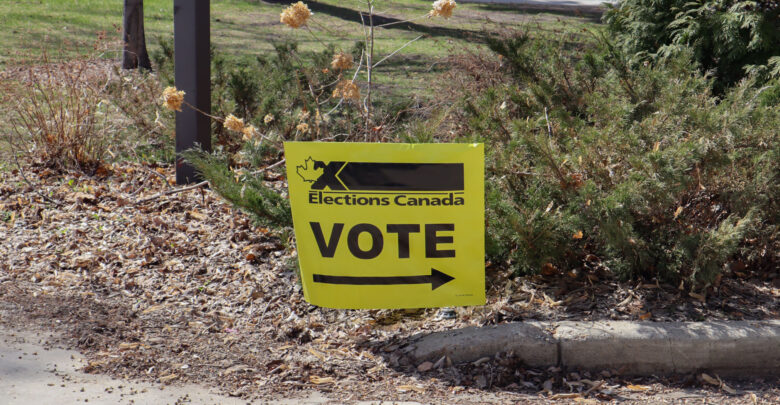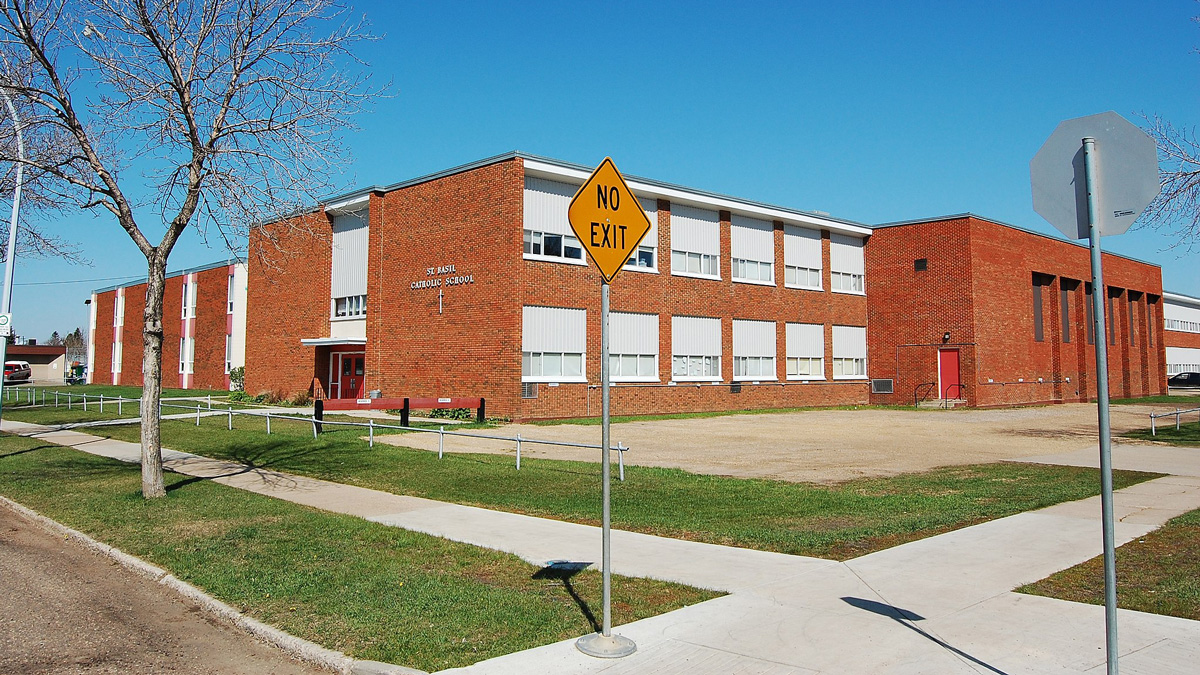Alberta votes, Ontario decides: Why disenfranchisement runs deep
First-past-the-post leaves Alberta feeling sidelined in national politics.
 Leah Hennig
Leah HennigAlberta’s relationship with federal elections is like shouting into a hurricane: loud, passionate, and entirely ignored by the people holding the umbrella.
Alberta largely voted Conservative again on April 28. That’s not exactly surprising — it’s a pattern backed by decades of history. Outside a handful of urban ridings, Alberta’s political loyalty rarely shifts. But once again, it didn’t matter.
The election was largely decided hundreds of kilometres east, by voters in Ontario and Quebec. That has left many Albertans feeling like spectators rather than participants in their own country’s future. Recent polling shows more than 60 per cent of Albertans believe they get an unfair deal within Confederation.
This frustration is not just emotional. It is baked into the system itself. Canada’s first-past-the-post electoral system rewards winning certain ridings, not national support. Ontario holds 122 seats, Quebec has 78, and Alberta has only 37. Even a unanimous Conservative vote in Alberta cannot overcome a Liberal Party or New Democratic Party (NDP) wave in the east.
Many Albertans see their votes as wasted. The feeling of being ignored grows stronger every election cycle. The emotional toll is real. While Alberta votes blue, the federal government often swings red or orange. People feel like the outcome is decided before they even mark their ballots.
Separatist movements usually stay small, but they survive because of this repeated alienation. When voices go unheard, resentment builds. Frustration festers when every election ends the same way, with Albertans watching distant provinces make decisions that reshape their economy, their energy policy, and their way of life.
Some blame lies with federal leaders. Alberta’s concerns about energy, agriculture, and economic development are too often dismissed until they become political crises. Federal campaigns spend more time catering to swing voters in Toronto suburbs than addressing issues west of Winnipeg. If national parties want to build real unity, they must stop treating Alberta like an afterthought. Listening after elections isn’t enough. Action must come before ballots are even cast.
Calls for electoral reform flare up after each federal election, but die quickly. Parties that benefit from the current system have little reason to change it. Without serious pressure from voters across the country, reform remains a dream, not a plan.
Proportional representation would better reflect Alberta’s voting power. Under such a system, Alberta’s 37 seats would not be overshadowed so easily by one or two provinces. But proportional representation remains politically toxic for the parties that have everything to lose under it. Until that changes, Alberta’s votes will continue to stack up — and be ignored.
Decentralizing federal powers could help. Alberta has pushed ideas like collecting its own taxes and creating a provincial pension plan, hoping to gain more control over critical sectors. Giving provinces more autonomy won’t cure the voting imbalance, but it would allow regions to protect their interests more directly, without waiting for permission from Ottawa.
The anger is not about losing. It’s about never even having a real chance. Unless national leaders address that reality, the question will keep growing louder: what exactly does Alberta get from a country that does not listen?




